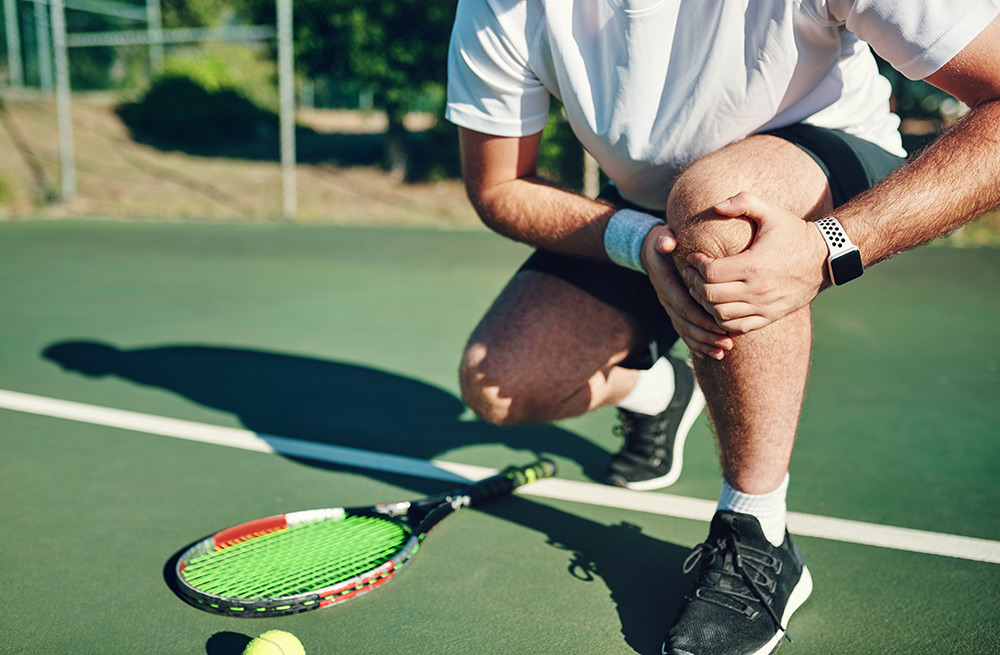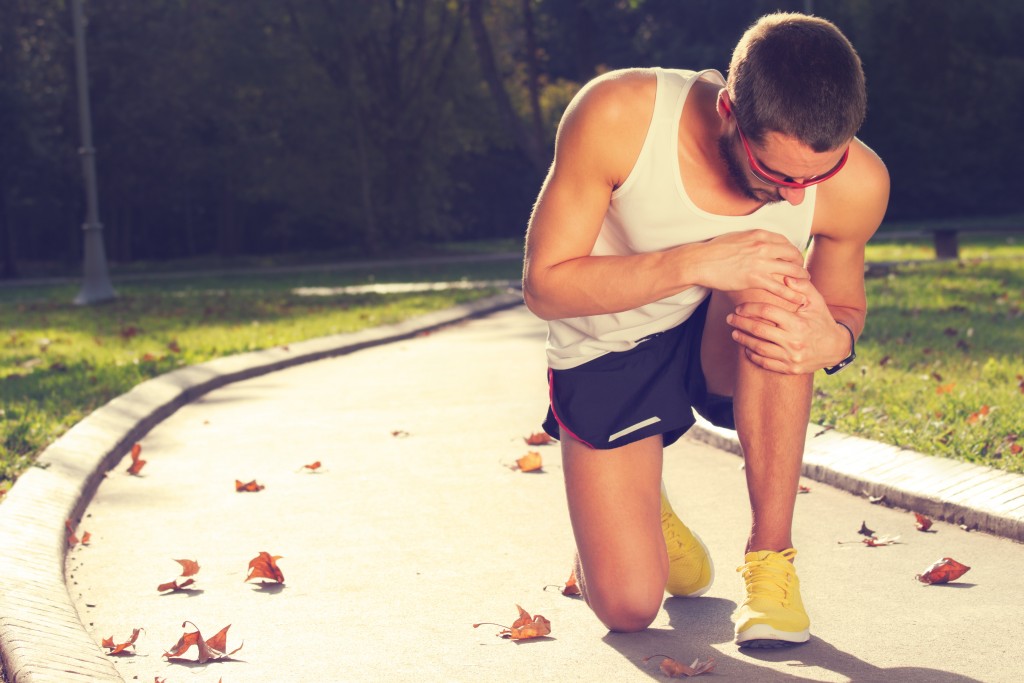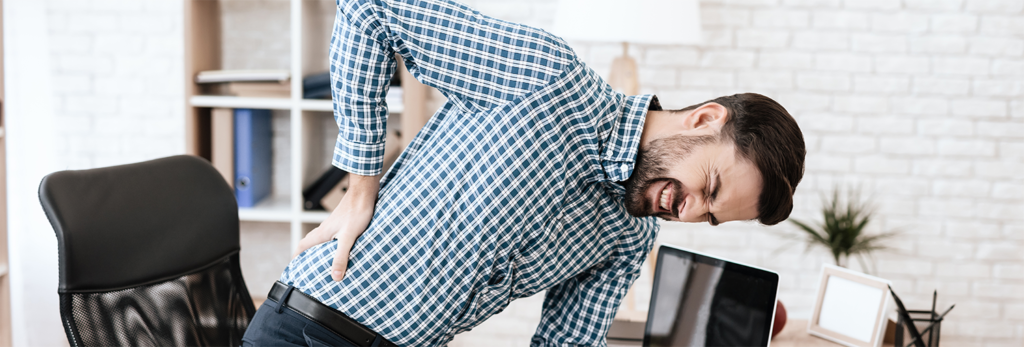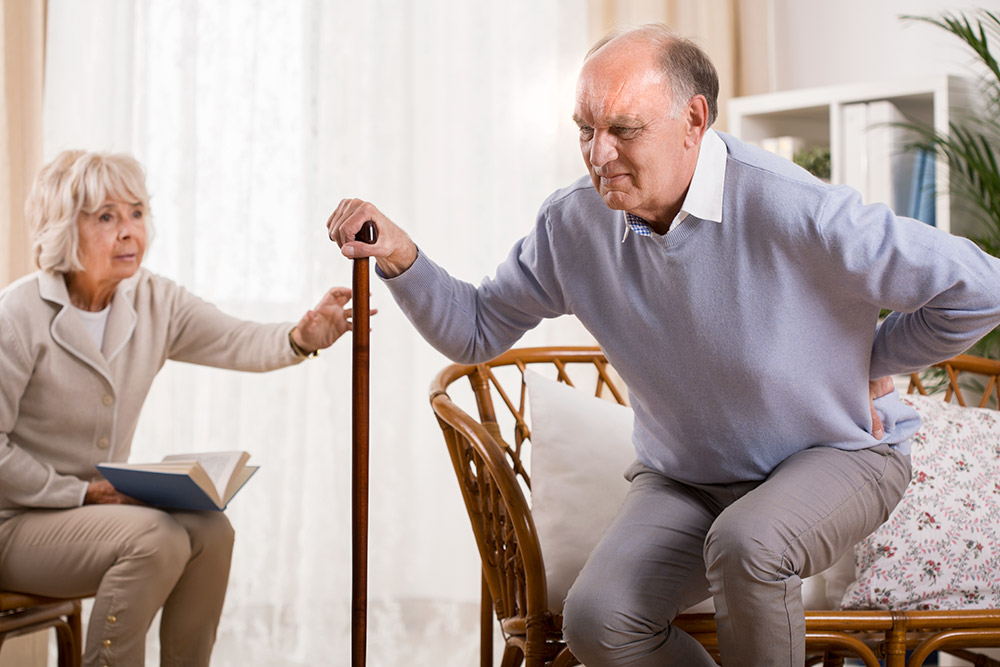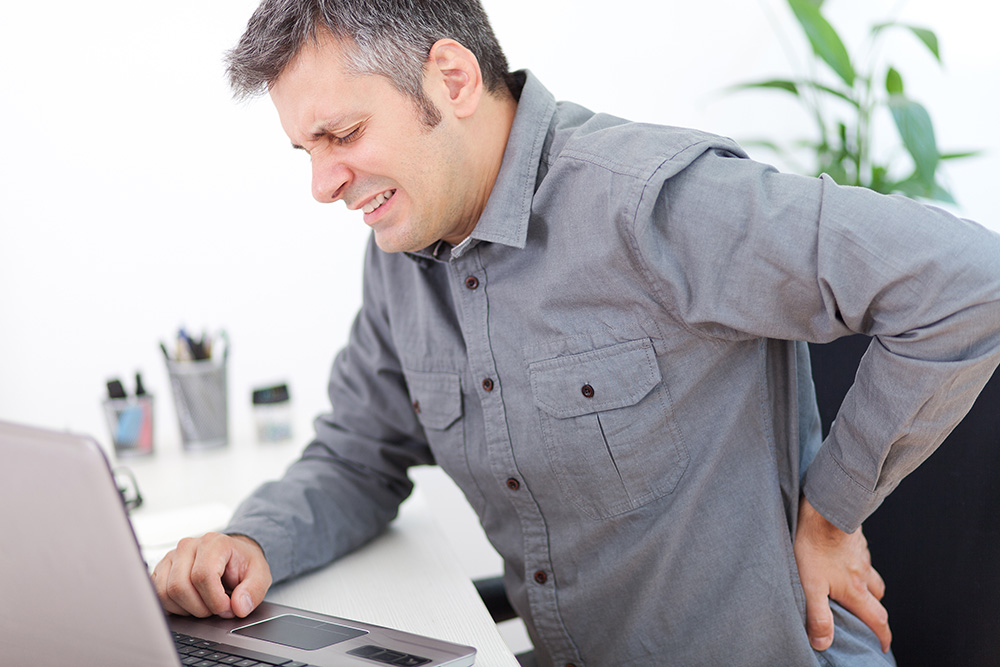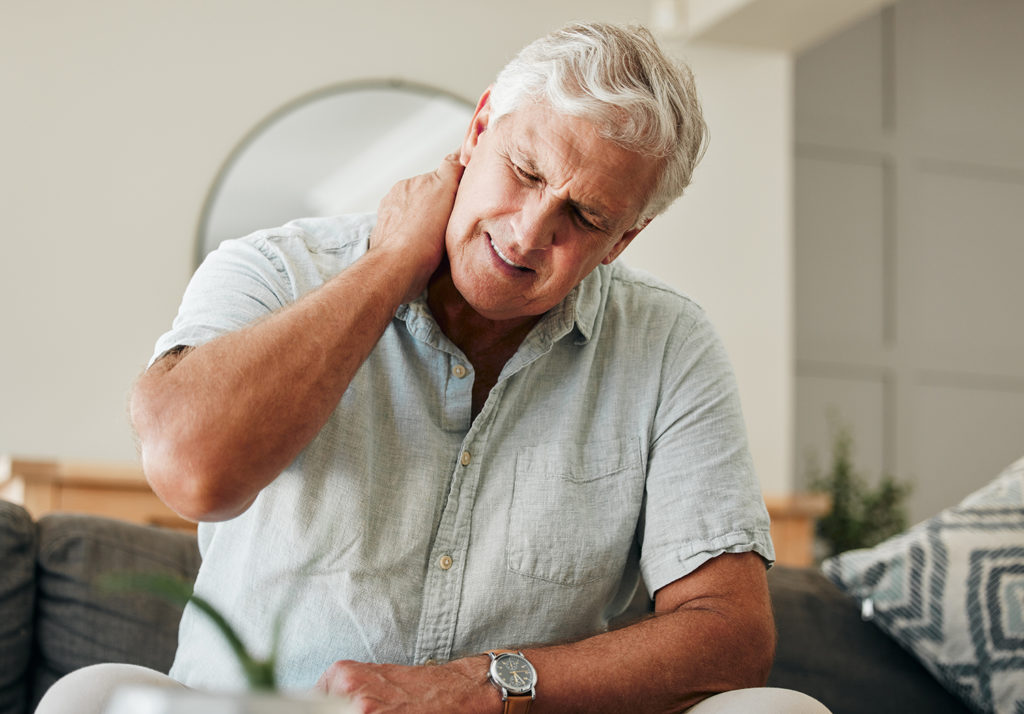Can acupuncture help vertigo?
Please note this information is provided by the British Acupuncture Council for reference.
People with vertigo have the illusion that the environment is moving about them, or that they are moving with respect to the environment.(DTB 2009) The condition usually originates in the peripheral nervous system, for example, due to a disorder of the inner ear such as Ménière’s disease, benign paroxysmal positional vertigo (BPPV), or labyrinthitis and vestibular neuritis. It can also be due to pathology in the CNS (central vertigo), such as haemorrhages, ischaemia, or CNS tumours, infection or trauma. Neck pathology can also cause vertigo.
Ménière’s disease is a chronic progressive disease that damages the balance and hearing parts of the inner ear, leading to vertigo, tinnitus, sensorineural hearing loss, nausea and vomiting. (Friberg 1984) In Europe, the incidence of Ménière’s disease is about 50–200/100 000 a year. (Cawthorne 1954; Stahle 1978) It is most common between 40–60 years of age, although younger people may be affected. (Moffat 1997; Watanabe 1995) The aetiology and treatment of the disease is not fully understood. Conventional medical treatments include drugs, diet and surgery. The vertigo associated with BPPV has a spinning component, is of short duration and can only be induced by a change in position. The condition can result in nausea and visual disturbances. Around 17–42% of people with vertigo are eventually diagnosed with BPPV. (Bhattacharyya 2008) It is thought to be caused by canalithiasis (tiny fragments of debris in the inner ear labyrinth). Treatment usually comprises certain movements to reposition the canalith, known as the Epley manoeuvre. Drugs may be used in severe acute cases, but are not usually indicated, and surgery is used as a last resort. Labyrinthitis and vestibular neuritis are most commonly caused by a viral infection of the inner ear. Both conditions typically cause vertigo, often with nausea and vomiting. In most people, the symptoms gradually ease and disappear within a few weeks. Medication (e.g. prochlorperazine) may be given to help relieve symptoms.
References
Bhattacharyya N et al. Clinical practice guideline: benign paroxysmal positional vertigo. Otolaryngol Head Neck Surg 2008; 139 (Suppl 4): s47–s81.
Cawthorne T, Hewlett AB. Ménière’s disease. Proc Royal Soc Med 1954; 47: 663–70.
Friberg U et al. The natural course of Ménière’s disease. Acta Otolaryngol Suppl 1984; 406: 72–7.
Macleod D, McAuley D. Vertigo: clinical assessment and diagnosis. Brit J Hosp Med 2008; 69: 330-4.
Management of benign paroxysmal positional vertigo. DTB 2009 ;47: 62-6.
Moffat DA, Ballagh RH. Ménière’s disease. In: Kerr AG, Booth JB, eds. Scott-Brown’s otolaryngology. 6th ed. Oxford: Butterworth-Heinemann, 1997.
Sajjadi, H, Paparella MM. Ménière’s disease. Lancet 2008: 372: 406-14.
Stahle J et al. Incidence of Ménière’s disease. Arch Otolaryngol 1978; 104: 99–102.
Watanabe Y et al. Epidemiological and clinical characteristics of Ménière’s disease in Japan. Acta Otolaryngol Suppl. 1995; 519: 206–10.
How acupuncture can help veritgo
A systematic review of research on all types of acupuncture for Ménière’s syndrome has suggested a beneficial effect from acupuncture, both for patients in the acute phase of the disease and for those who have had the syndrome for a number of years (Long 2011). Randomised controlled trials have been almost entirely Chinese and most have compared different types of acupuncture (or acupuncture and related procedures), rather than acupuncture vs. non-acupuncture/other therapies. Many have focused specifically on cervical vertigo, involving insufficient blood supply through the vertebral arteries (which supply the brainstem and cerebellum). Recent examples found that: combined therapy of electroacupuncture and acupoint injection was more effective than routine acupuncture or electroacupunture alone for cervical vertigo (Li 2011); acupoint massage was superior to manipulation (Kang 2008); acupuncture was better than moxibustion for relieving or eliminating symptoms of vertigo, with no adverse effects (Zhang 2008); and that ginger moxibustion was superior to acupuncture treatment (Xiaoxiang 2006). A controlled nonrandomised study found both penetrating needling on head points and traditional acupuncture could effectively relieve cervical vertigo, reduce the attack frequency and improve accompanying symptoms (Qi 2011).
In general, acupuncture is believed to stimulate the nervous system and cause the release of neurochemical messenger molecules. The resulting biochemical changes influence the body’s homeostatic mechanisms, thus promoting physical and emotional well-being. Stimulation of certain acupuncture points has been shown to affect areas of the brain that are known to reduce sensitivity to pain and stress (Hui 2010).
Acupuncture may help to relieve vertigo by:
- activating the left superior frontal gyrus, anterior cingulate gyrus, and dorsomedial nucleus of the thalamus, and stimulating the release of acupuncture-specific neural substrates in the cerebellum (Yoo 2044);
- increasing blood flow velocity in the vertebral-basilar artery, thus improving cervical vertigo (Li 2011; Qi 2011; Kang 2008)
- increasing endorphins (Han 2004) and neuropeptide Y levels (Lee 2009), which can help to combat negative affective states;
- stimulating nerves located in muscles and other tissues, which leads to release of endorphins and other neurohumoral factors, and changes the processing of pain in the brain and spinal cord (Pomeranz, 1987; Zhao 2008; Cheng 2009);
- reducing inflammation, by promoting release of vascular and immunomodulatory factors (Zijlstra 2003; Kavoussi 2007);
- increasing local microcirculation (Komori 2009), which aids dispersal of swelling
Acupuncture treatment in Worthing
At Broadwater Osteopathic Practice we offer acupuncture treatments. We have 2 acupuncturists who offer a host of treatment methods including acupuncture, auricular acupuncture, cupping and gua sha.
For more information and assistance regarding your specific issues, please call Rebecca Bond at Broadwwater Osteopaths on 01903 820206

